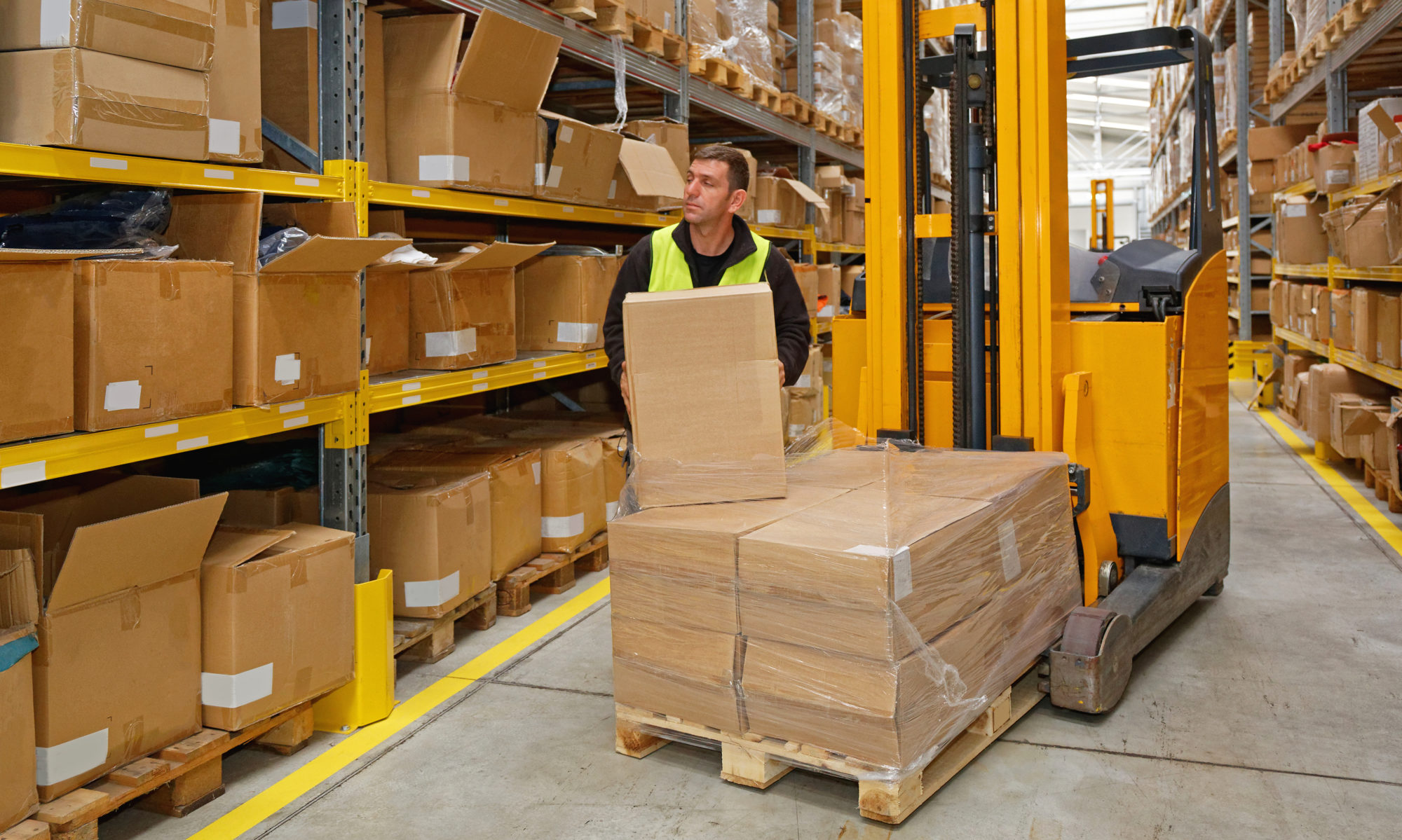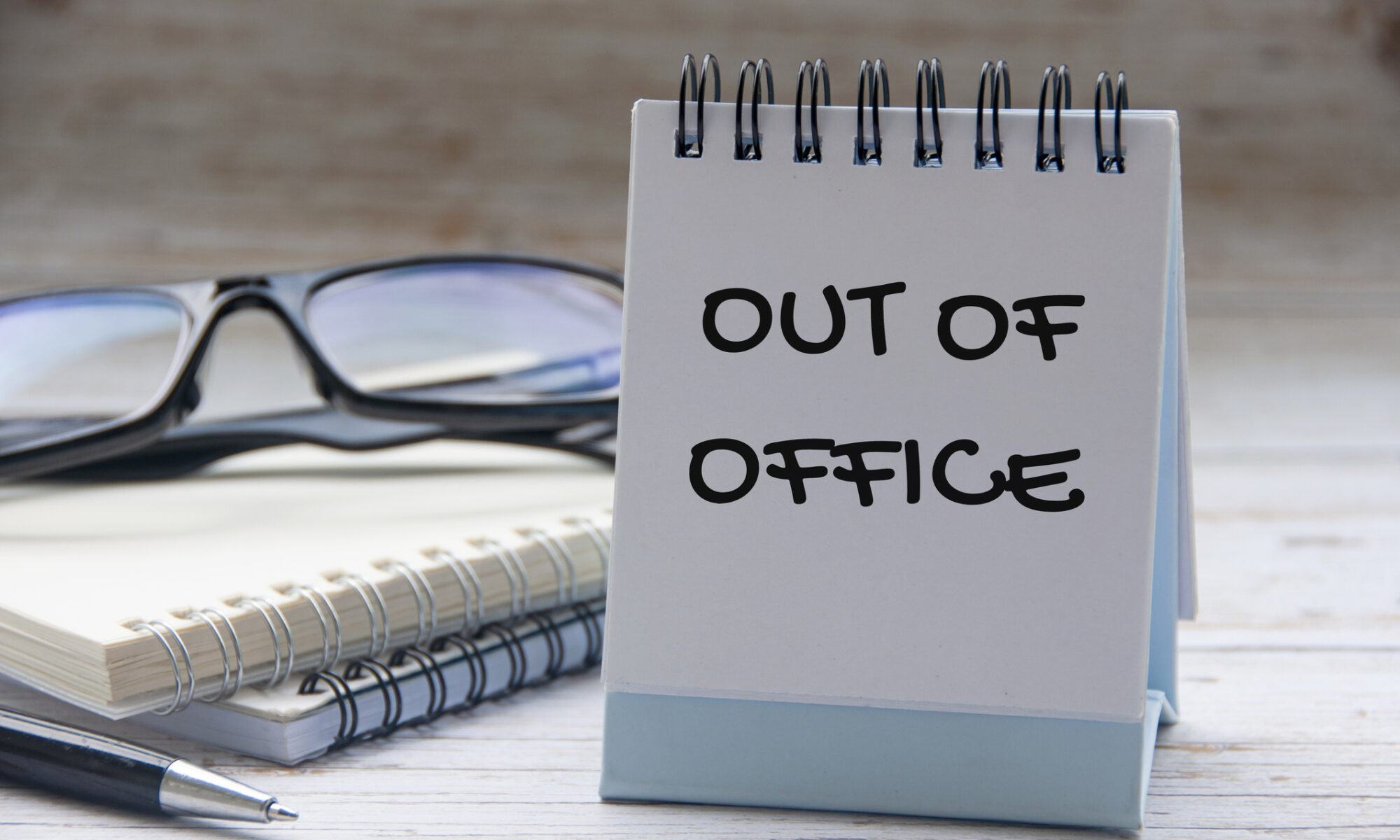The jingle bells seem to start earlier every year, don’t they? What was once a post-Thanksgiving sprint has now become a marathon starting as early as October. This “holiday creep” is no longer just a feeling; it’s a strategic shift in consumer behavior. For small eCommerce business owners, this change presents both a challenge and a massive opportunity. Getting ahead of the holiday rush is now essential for capturing market share and maximizing your most profitable season.
This guide will provide you with actionable strategies to prepare for an early holiday sales season. We’ll explore how to understand early shoppers, optimize your online store, and create promotions that convert. By planning now, you can position your business to not just survive the holiday season, but to thrive in it.
Understand the Early Holiday Shopper
To win the early holiday season, you must first understand who you’re selling to. Early shoppers are planners. They are motivated by a desire to avoid last-minute stress, secure the best deals, and ensure their gifts arrive on time. They are diligent researchers who compare products and prices well before making a purchase.
Here’s what defines them:
- Deal-Seekers: They are actively looking for early-bird discounts and exclusive bundles. They know that waiting until Black Friday might mean missing out on popular items.
- Planners, Not Procrastinators: These consumers aim to have their shopping done early to enjoy a stress-free December. They value convenience and predictability.
- Brand-Agnostic Researchers: Early shoppers often start with a need, not a specific brand. They use search engines and social media to find the best options, making them receptive to new businesses that meet their criteria.
Understanding these traits allows you to tailor your marketing messages and offers to their specific motivations. Focus on value, reliability, and the peace of mind that comes with buying early.
Optimize Your Digital Shelf for Early Birds
Your online presence is your storefront. Before the first wave of shoppers arrives, you need to ensure it’s polished, professional, and optimized for conversions. Think of it as decorating your shop window for the season, but for a digital audience.
Refine Your Product Listings
Your product pages do the heavy lifting when it comes to sales. Each listing should be clear, compelling, and answer any potential questions a customer might have.
- High-Quality Imagery: Use professional, high-resolution photos and videos that showcase your products from multiple angles. Show the product in use to help customers visualize it in their own lives.
- Descriptive, SEO-Friendly Titles: Create titles that include keywords shoppers are likely to use. Instead of “Blue Sweater,” try “Cozy Knit Blue Merino Wool Sweater for Women.”
- Compelling Descriptions: Tell a story. Focus on the benefits, not just the features. How will your product make the gift recipient’s life better? Use bullet points to highlight key details like materials, dimensions, and care instructions for easy scanning.
- Showcase Social Proof: Prominently display customer reviews and ratings. Over 90% of consumers read reviews before making a purchase. Positive feedback builds trust and validates their decision.
Enhance Your Website’s User Experience
A clunky or slow website is the fastest way to lose a sale. The goal is a seamless, intuitive shopping experience from landing page to checkout.
- Mobile-First Design: A significant portion of holiday shopping happens on mobile devices. Ensure your website is fully responsive and easy to navigate on a smartphone. Test the checkout process on your own phone to identify any friction points.
- Page Speed: Slow-loading pages lead to high bounce rates. Use tools like Google PageSpeed Insights to test your site’s speed and find areas for improvement. Compressing images and minimizing plugins can make a big difference.
- Simplified Navigation: Organize your products into clear, logical categories. Implement a robust search function with filters to help shoppers find exactly what they’re looking for quickly.
Create Compelling Early Holiday Promotions
Early shoppers are looking for a reason to buy now. Your promotions should create a sense of urgency and exclusivity without relying on the frantic energy of Black Friday.
- Exclusive Early Bird Offers: Reward customers for shopping early with a special discount, a free gift with purchase, or access to a limited-edition product. Frame it as a “VIP” or “Early Access” sale.
- Themed Bundles and Gift Sets: Group complementary products together into attractive gift sets. This increases the average order value and provides a convenient “one-and-done” solution for shoppers. Market them as “Curated Gift Sets” or “Perfect Pairings.”
- Tiered Discounts: Encourage larger purchases with offers like “10% off $50, 15% off $75, 20% off $100.” This incentivizes shoppers to add more items to their cart to unlock a greater discount.
- Clear Shipping and Return Policies: Be transparent about shipping deadlines for holiday delivery. A prominent banner on your homepage can manage expectations. Offering a flexible holiday return policy can also reduce purchase anxiety.
Leverage Digital Marketing to Drive Traffic
Once your store is ready and your offers are set, it’s time to spread the word. A multi-channel marketing approach will help you reach early shoppers wherever they are.
Engage with Email Marketing
Your email list is one of your most valuable assets. These are customers who have already shown interest in your brand.
- Segment Your List: Don’t send the same email to everyone. Segment your audience based on past purchase history, engagement level, or browsing behavior. Send targeted offers to your most loyal customers first.
- Create a Holiday Campaign: Plan a series of emails. Start with a teaser hinting at an upcoming sale, followed by the official launch announcement, and then a “last chance” reminder before the offer expires.
- Craft Festive, Compelling Subject Lines: Your subject line is your first impression. Use action-oriented language and emojis to stand out in a crowded inbox. Examples: “🎁 Our Early Holiday Gift Guide is Here!” or “🤫 Your VIP Access to Holiday Savings.”
Maximize Your Social Media Reach
Social media is a powerful tool for discovery and engagement. Tailor your content to each platform’s strengths.
- Create Gift Guides: Use Instagram Carousels, Pinterest Boards, or TikTok videos to showcase gift ideas for different people (e.g., “Gifts for Dad,” “Gifts Under $50”).
- Run Targeted Ads: Use Facebook/ Instagram ads or Google Ads to reach new audiences based on demographics, interests, and online behaviors. Retargeting ads to people who have visited your site but not purchased can be highly effective.
- Utilize User-Generated Content: Encourage customers to share photos with your products using a specific hashtag. Reposting this content on your own channels provides authentic social proof.
Use Data to Refine Your Strategy
Data analytics takes the guesswork out of your holiday planning. By tracking key metrics, you can understand what’s working and make informed decisions to optimize your performance.
- Analyze Past Holiday Data: Look at your sales data from last year. What were your best-selling products? Which marketing channels drove the most traffic and conversions? Use these insights to inform your current strategy.
- Monitor Real-Time Performance: Use tools like Google Analytics and your eCommerce platform’s dashboard to track traffic, conversion rates, and average order value in real-time. If a specific ad campaign is performing well, allocate more budget to it. If a product page has a high bounce rate, investigate why.
- Conduct A/B Tests: Test different elements of your marketing, such as email subject lines, ad copy, or promotional offers. Even small changes can have a significant impact on your results.
By starting early, you give yourself the time to build a thoughtful, strategic campaign. You can connect with customers, build brand loyalty, and turn the holiday creep from a source of stress into your most successful sales season yet. Make sure to work with your fulfillment company or 3PL provider to set up your ecommerce business for success.





